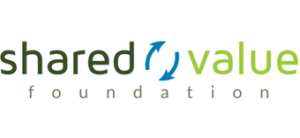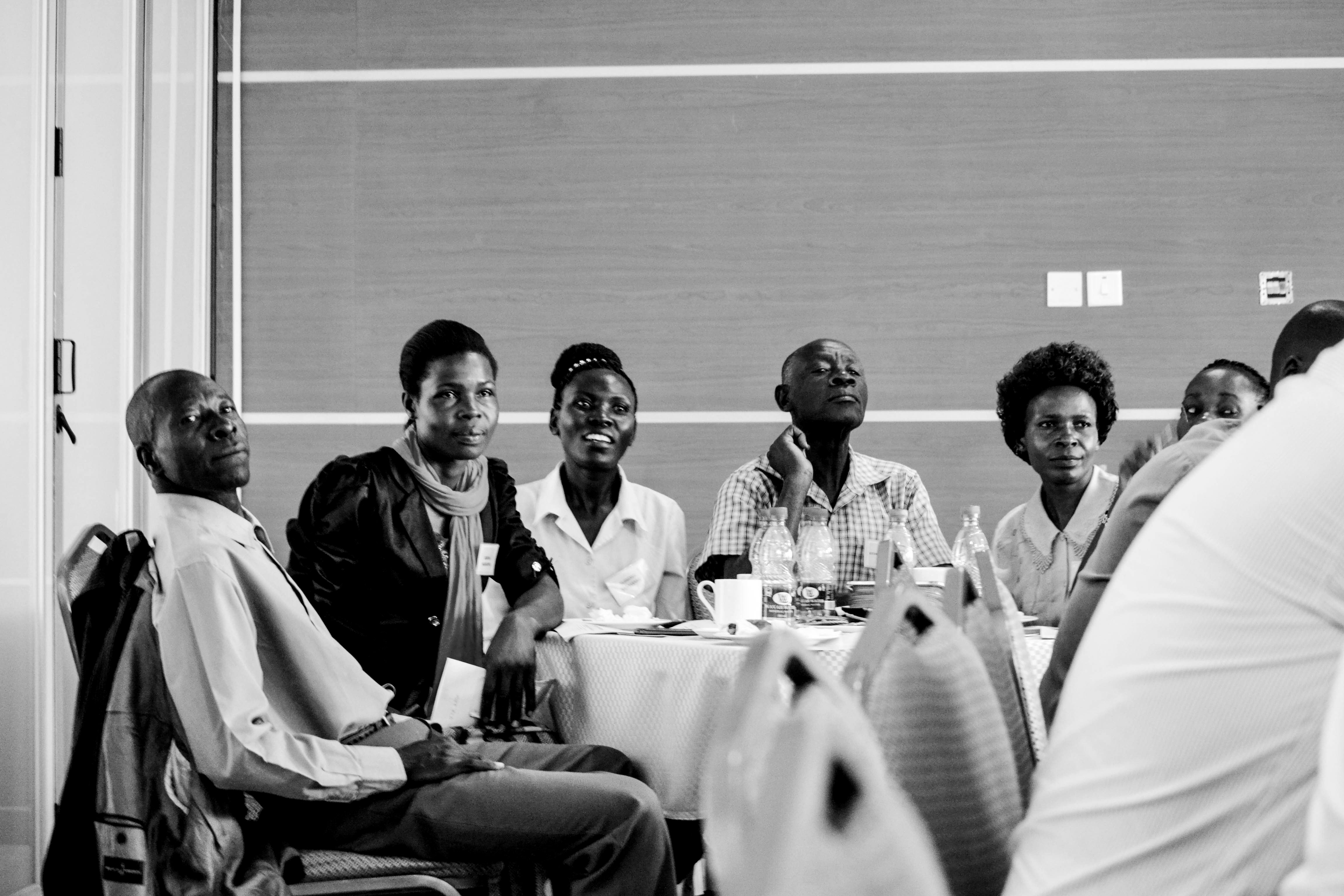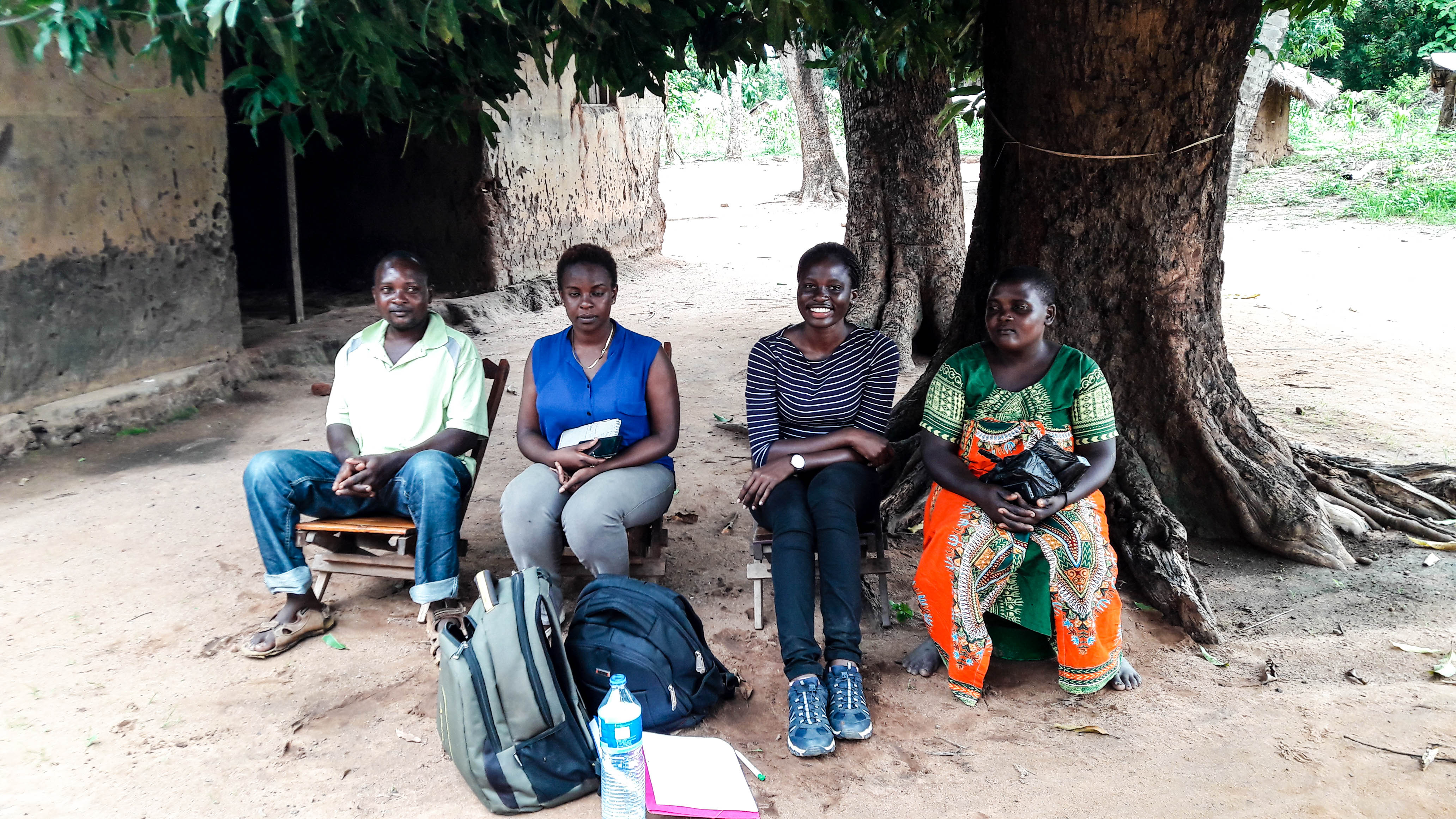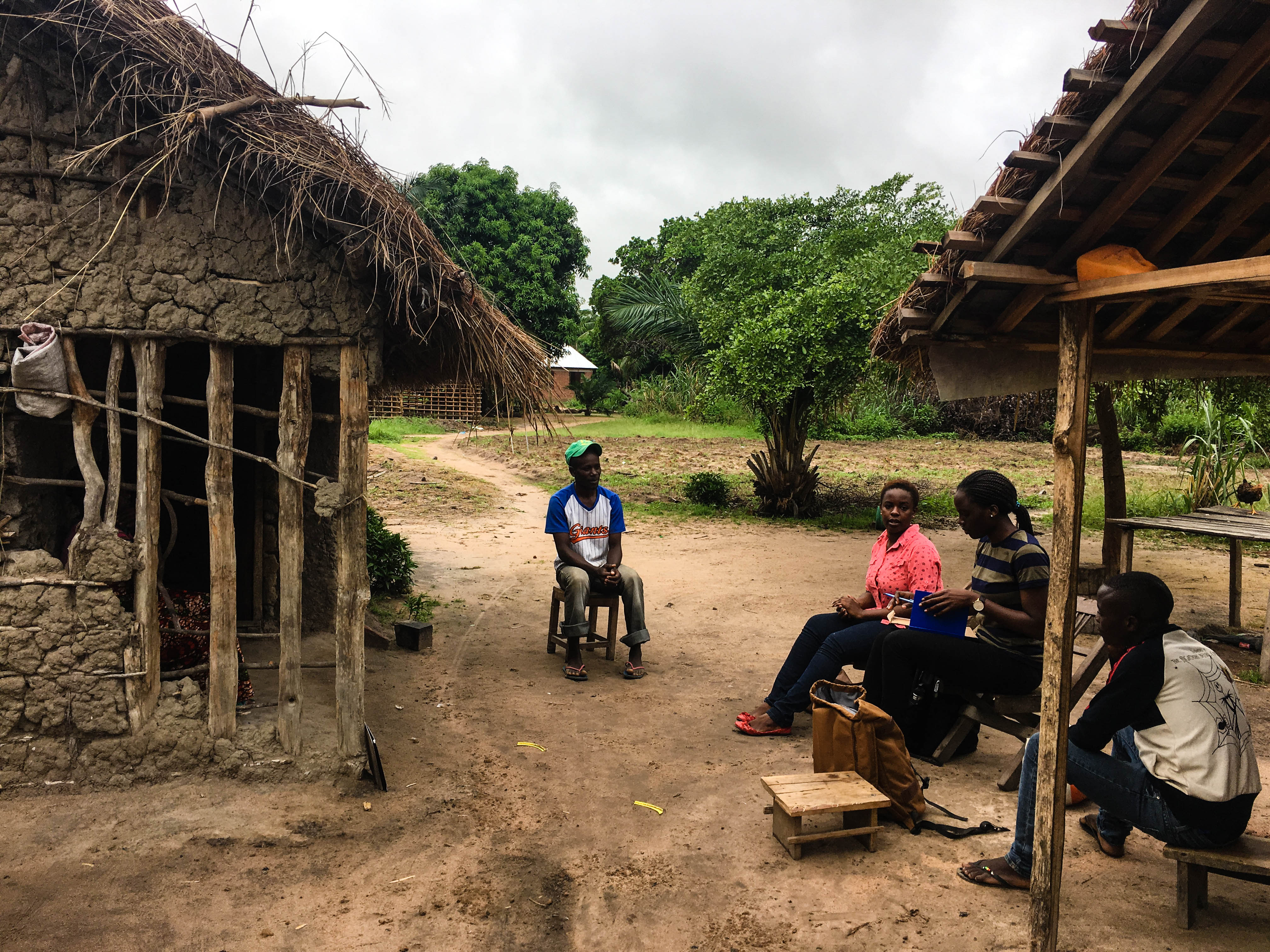- +31302531363
- info@sharedvaluefoundation.com
Learning Platforms in Mozambique, Tanzania & Uganda
- Home
- Learning Platforms in Mozambique, Tanzania & Uganda
What is a learning platform?
Through the Learning Platforms project, the Netherlands Land Academy (LANDac), Center for International Forestry Research (CIFOR), the Food & Business Knowledge Platform facilitated by Shared Value Foundation, conduct in-depth local research into the impact of large-scale land investment on local livelihoods and food security. We feed the results of this bottom-up research into a three-day neutral and multi-stakeholder platform in which we bring together local communities, investors, civil society, and academia. This way, stakeholders know what is happening in the communities around them. Together, we design action plans and we think of innovative solutions to create shared value and solutions that make the investments more inclusive: beneficial for both businesses and the local communities. After initial launch of the learning platform, several follow-up meetings and activities with the stakeholder groups will be organized, to ensure that the change processes are monitored and supported, and identified actions are implemented on the ground.
We focus on concrete investments in agriculture and forestry in Tanzania, Mozambique and Uganda: countries that are receiving large-scale land-based investments in these sectors. Find more on our research, the learning platforms and follow-up activities through the country-links on this page. You can find the syntheses report here.
Mozambique: Investments in the Beira Growth Corridor
The area
The provinces of Manica and Sofala in Mozambique – part of an area also known as the Beira Agricultural Growth Corridor (BAGC) – are seen as the gateway to South-East Africa, with Beira as the main port and Chimoio as a key transit hub to Zimbabwe, Malawi and beyond. The area has attracted a large number of land-based investments in agriculture and forestry, and new investments are still coming in due to this favourable geographical location, as well as its agricultural potential.
In-depth research
In June-July 2017, two Shared Value Foundation researchers together with local researchers, spent 7 weeks in the different investment locations to gather in-depth local information about community experiences with the companies, existing development priorities and ideas for increased collaboration. The research focused on a total of 8 communities in 4 districts and involved people involved in the business models, as well as community members not directly engaging with the companies.
Findings highlighted community interest in finding employment with the companies under research, as well as an interest in other ways to engage with the businesses, for example as smallholder lychee growers in the case of Westfalia. Overall, community members surveyed showed a strong preference for agriculture-related activities when asked about their future ambitions. They generally saw a role for the companies in contributing to this, for example through supporting local smallholder farmers in agricultural inputs and capacity building. Access to markets for products that are already locally grown was another way in which communities thought the businesses could have a positive development impact. These and other findings were shared on 26-27 July during a 2-day multi-stakeholder meeting in Chimoio, which drew a total of 26 participants representing the companies, local government, communities, research and civil society.
First platform meeting
Three land-based investments – located in these investment areas – participated in a first Learning Platform in Chimoio: Tongaat Hulett Sugar (sugar cane; plantations and smallholder production); Portucel Moçambique (eucalyptus; plantations); and Westfalia (avocado and lychees; smallholder production). During the Platform meeting, the three companies in close collaboration with different stakeholders, drafted action plans addressing some of the findings in the field.
Tongaat Hulett Sugar and Portucel, in addressing some of the challenges brought forward from the research, expanded their focus beyond their core business (sugar cane and eucalyptus respectively). Tongaat Hulett plans to support the set-up of more associations in the area, which focus on other agricultural products than sugar cane. They provide support to setting up these associations and try to link them to markets. Portucel on the other hand, has been providing extension services to smallholder farmers in the areas around their plantations. One of their future plans is to look into opportunities to establish block agriculture in which eucalyptus is combined with other crops in agroforestry arrangements. Westfalia took on the task to find alternative markets for smaller lychees. Currently, a relatively high percentage of the farmers’ fruits is rejected because it is too small for European markets – this was one important complaint from the different communities. By findings alternative markets, for example South Africa, the company will be able to buy a larger portion of the farmers’ production. Another issue to be addressed is to make it more transparent for potential new producers to contact the company and start engaging as outgrower producers.
A follow-up meeting took place where the same participants reflected on new developments. The SVF team re-visited the communities that were visited prior to the Learning Platform to conduct a number of focus group discussions.
- BOTTOM-UP FIELD RESEARCH CONDUCTED
On local livelihoods, challenges and priorities around large-scale land investments
STAKEHOLDERS CONNECTED
Through a Learning Platform in Chimoio
ACTION PLANS MADE
Resulting from the Learning Platform
REPORT AVAILABLE
For a brief overview of research results and the outcomes of the Learning Platform, contact our researchers on the ground.
Would you like to know more about the learning platform in Mozambique? Contact our researcher on the ground, Emilinah Namaganda: e.namaganda@sharedvaluefoundation.com
Tanzania: Towards inclusive and sustainable investment in the Kilombero Valley
The Kilombero Valley in Tanzania is an area where several large-scale land-based investments in agriculture and forestry are based. The Valley is enclosed by the Selous Game Reserve on the east and the Udzungwa Mountains National Park on the northwest side. The area has been attracting migrants from other areas of Tanzania due to its favourable climatic conditions and its fertile soil. Three districts in the Kilombero Valley, namely Kilombero, Ulanga and Malinyi, are particularly expected to see more land-based investments in agriculture coming in the near future. The Valley is part of the Southern Agricultural Growth Corridor of Tanzania (SAGCOT), a public-private partnership that aims to develop the Tanzania agricultural sector through identifying investment opportunities. The Kilombero Valley was identified as one of the three priority clusters where the efforts of the SAGCOT partnership will be focused. Against this background, the Kilombero Valley was selected as the investment hub for the first Learning Platform.
BOTTOM-UP FIELD RESEARCH CONDUCTED
On local livelihoods, challenges and priorities around large-scale land investments
STAKEHOLDERS CONNECTED
Through a Learning Platform in Chimoio
ACTION PLANS MADE
Resulting from the Learning Platform
REPORT AVAILABLE
For a brief overview of research results and the outcomes of the Learning Platform, contact our researchers on the ground.
Uganda: Towards sustainable investments in the Kampala-Jinja growth corridor
The area
The Kampala – Jinja Corridor is part of the East African Northern Corridor and is the most important trade route for landlocked countries in the East African Community. It links South Sudan, Rwanda and the Eastern part of the DRC through Uganda to Kenya and Mombasa port at the shores of the Indian Ocean. As a part of this trade route, the 72-kilometre road between Kampala and Jinja is the busiest road in Uganda. The surrounding districts of Kampala, Wakiso, Mukono, Buikwe, Jinja and Mayuga have hosted large-scale investments in agriculture and forestry for decades because of its fertile soils and proximity to the capital of Kampala.
In-depth research
For the Learning Platform, six communities within the Jinja-Kampala corridor have been selected for in-depth local research on the impact of several investments and their activities on local livelihoods. The investments participating in the Platform include Kakira Sugar Ltd., Mayuge Sugar Ltd. and Busoga Forestry Company. The surrounding communities and respondents for in-depth field research were selected to include a diverse range of localities (neighboring the different types of investments) and population groups (men and women, age groups etc.) Findings from the research will be available soon!
First platform meeting
The Learning Platform in Uganda took place on Thursday 21st of September and Friday 22nd of September 2017 in Jinja, Uganda and was attended by 21 participants: 4 from private companies 7 from communities surrounding the investments, 3 from civil society organizations with projects in the area, 5 government officials, and 2 researchers . The programme was spread over two days: the first day focused on introductions, emerging issues from the research , challenges and questions. The second day focused on identifying a common agenda, exploring possible solutions and ideas for future implementation, and concretizing next steps for implementation. More on the outcomes of the platform meetings will follow soon.
A follow-up meeting took place where the same participants reflected on new developments. The SVF team re-visited the communities as part of the Learning Platform to conduct a number of focus group discussions.
Learning Platforms Partners




